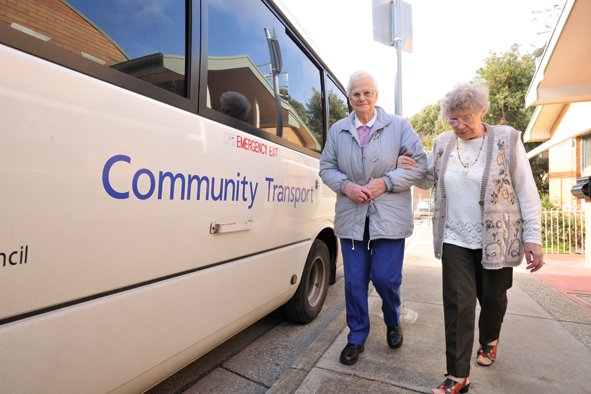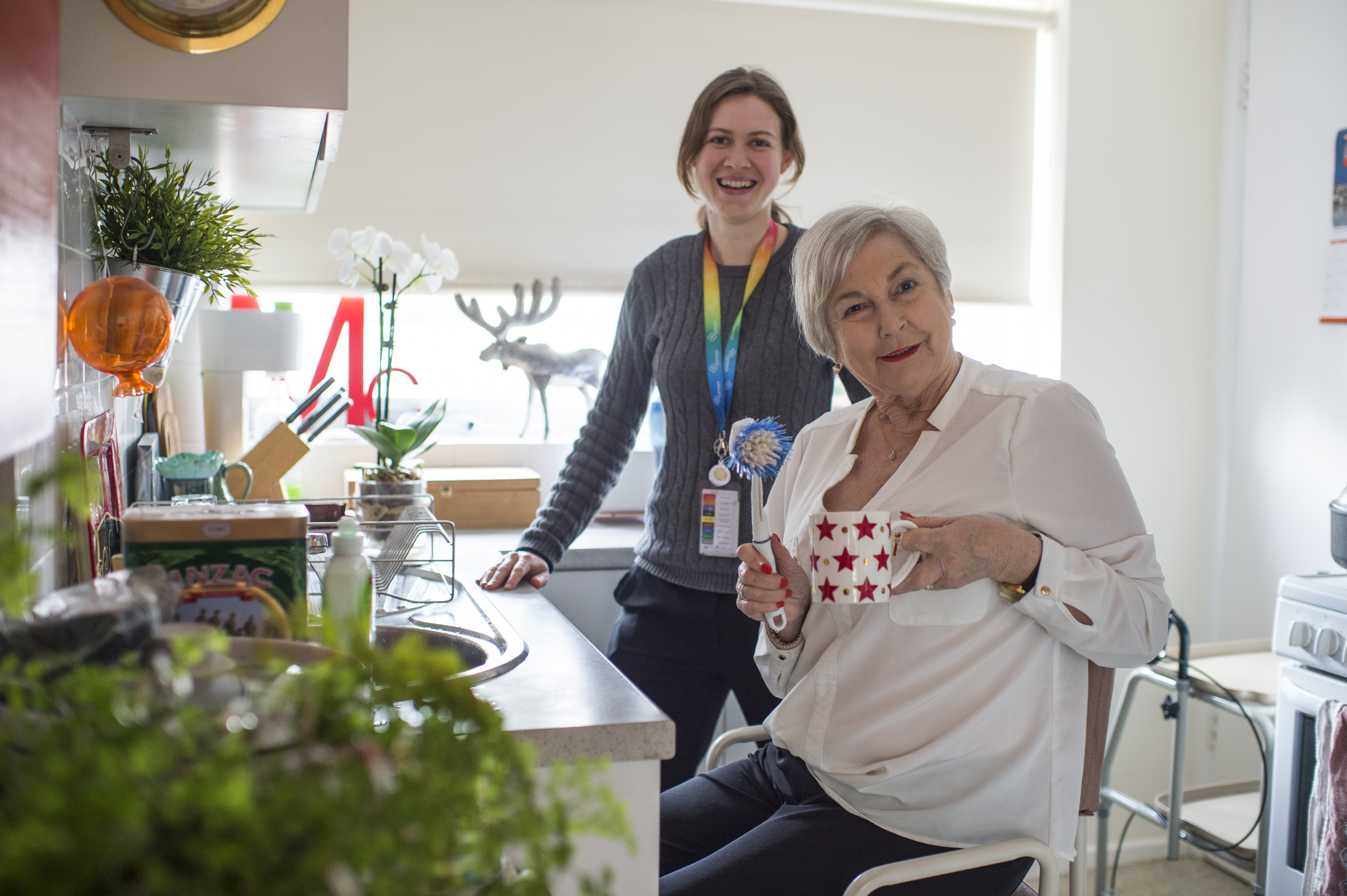Select from the following services

Swallowing disorders, also known as dysphagia (dis-fay-juh), affect a person’s ability to safely swallow drinks, food and medication.
Like breathing, swallowing is essential to everyday life - we swallow approximately 700 times a day!
People who have trouble swallowing are at risk of choking, poor nutrition and dehydration. Babies and children with difficulty feeding may not take in enough nutrients to support growth and brain development.
Left untreated, swallowing disorders can have a devastating effect on a person’s physical and emotional wellbeing.
Speech pathologists are the professionals who assess and treat people with dysphagia (difficulty swallowing) across the lifespan.
How to know if you may have a swallowing disorder?
How can speech pathologists help?
Speech and language therapists help to treat people with dysphagia by:
How does it affect children?
A difficult diagnosis to swallow
What issues does dysphagia lead to in infants, children and young people?
How can speech pathologists help?
How many children and young people are affected by dysphagia?
Dysphagia: What can be done to help?
For more information call Connect Health & Community on 03) 9575 5333 to book an appointment with a speech pathologist.
Or visit speechpathologyaustralia.org.au/swallowing

Speech pathologists provide assessment and management of communication, swallowing and feeding difficulties.
Read More
We have been offering safe and quality door-to-door transport options to our community since 1975.
Read More
We provide Occupational Therapy to help children, adults and those experiencing mental health issues, to achieve their full potential.
Read MoreSelect from the following services